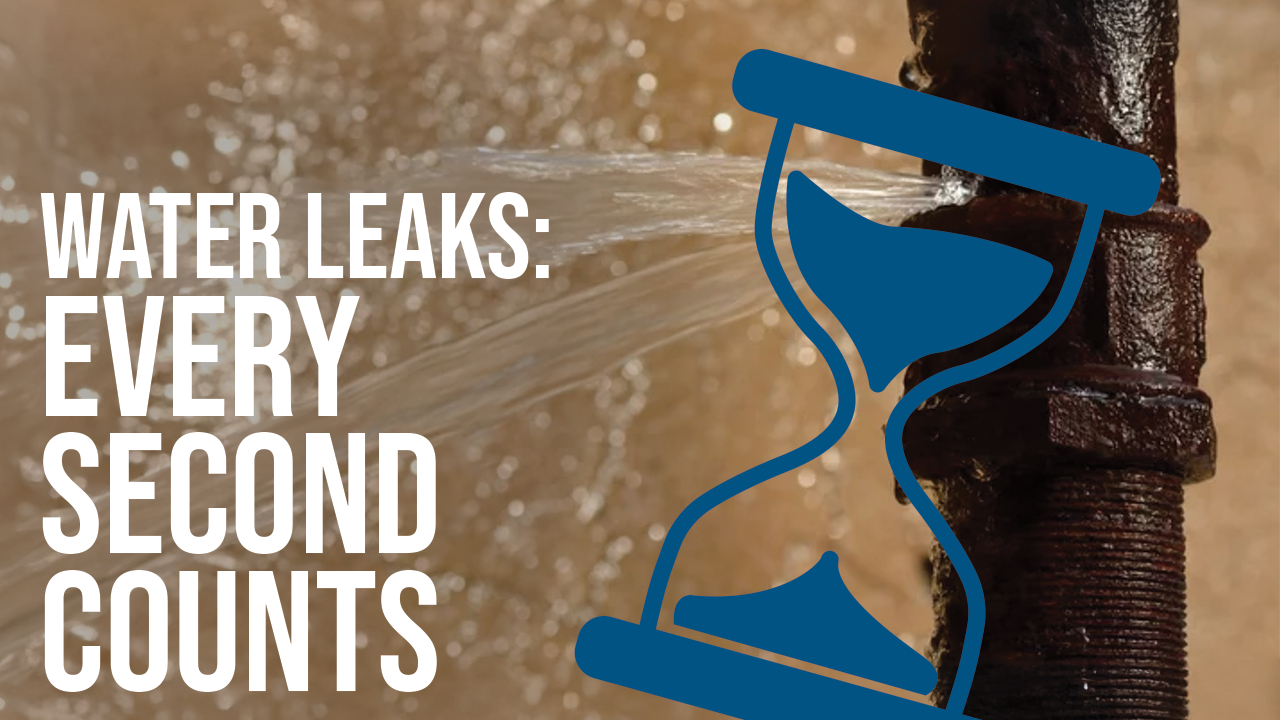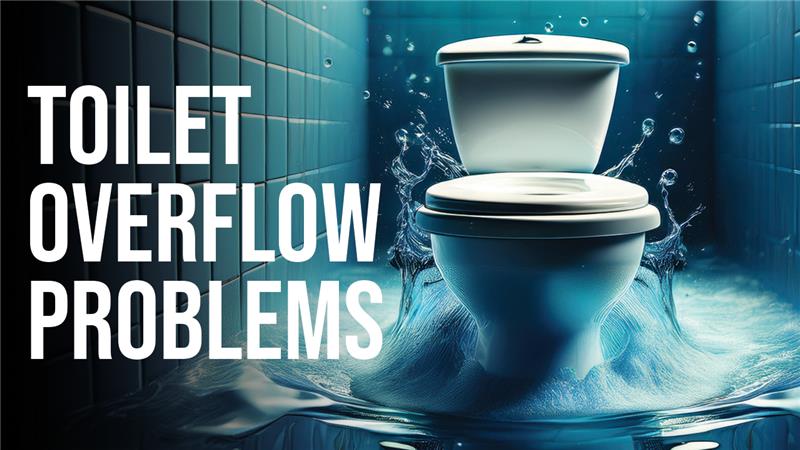Plumbing Tips for Winter
Winter brings beautiful snowscapes and cozy fires, but it also brings the risk of frozen pipes and costly plumbing repairs. As a homeowner, preparing your plumbing for the cold season is crucial. This guide will provide valuable tips for protecting your plumbing during winter and answering homeowners’ common questions.
How to Prepare Your Plumbing for Winter
Winterizing your plumbing is a proactive way to prevent frozen pipes and costly repairs.
Winterizing your plumbing starts with early preparation. Here are the steps you should take:
- Insulate Pipes: Use foam pipe insulation to insulate exposed pipes in unheated areas, such as crawlspaces and attics. This helps keep the pipes warm and prevents freezing.
- Seal Gaps: Seal gaps or cracks in your home’s exterior walls and foundation to prevent cold air from seeping in and affecting your indoor plumbing.
- Check for Leaks: Inspect your plumbing system for leaks and fix them promptly. Leaking pipes can become a significant problem during freezing temperatures.
Protecting Water Pipes in Winter
Frozen water pipes can lead to extensive damage. Here’s how to protect them:
- Use Pipe Insulation: Wrap exposed pipes with pipe insulation to keep them warm. Pay special attention to pipes near exterior walls and in unheated areas.
- Heat Tape or Heating Cables: Consider using heat tape or heating cables on pipes in icy areas. These products provide a controlled source of heat to prevent freezing.
- Maintain a Consistent Indoor Temperature: Keep your home’s temperature consistent, even when you’re away. Set your thermostat to at least 55°F (13°C) to prevent freezing.
Draining Pipes to Prevent Freezing
Draining pipes before winter is essential for outdoor plumbing.
- Drain Outdoor Faucets: Disconnect garden hoses and drain outdoor faucets. Store hoses indoors to prevent freezing and cracking.
- Shut Off Water to Unused Areas: If you have plumbing in unused areas, such as an outdoor kitchen or a detached garage, shut off the water supply and drain these lines to prevent freezing.
Should You Drain Water Lines for Winter?
You are addressing whether to drain water lines if you are away during winter.
If you’re leaving your home for an extended period during winter, you might wonder if you should drain your water lines. Here are some guidelines:
- If you’re leaving for an extended time, it’s a good idea to drain your water lines to prevent any surprises or potential pipe bursts while you’re away.
- Consult a professional plumber for specific advice tailored to your situation, especially if you have concerns about freezing in your absence.
Protecting your plumbing during winter is essential for preventing costly pipe repairs and ensuring a warm and comfortable home. By following these tips and taking proactive measures, you can safeguard your plumbing system and enjoy a worry-free winter season.
Remember to insulate, seal, and maintain your plumbing, and consider using heat tape or heating cables for added protection. By preparing in advance and taking preventive steps, you’ll keep your pipes from freezing and enjoy a cozy and stress-free winter at home.
Stay warm and plumbing-trouble-free this winter!
Ruud R962V Endeavor Line Achiever Plus Series Gas Furnace: The Ideal Choice for Salt Lake City Homes




